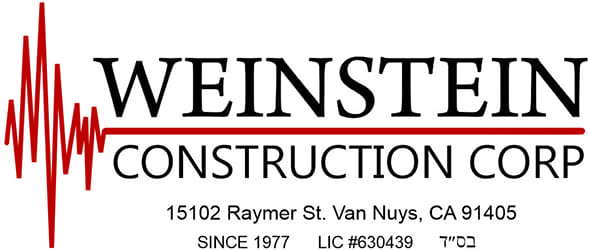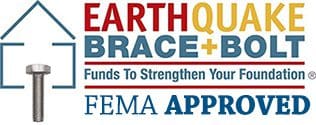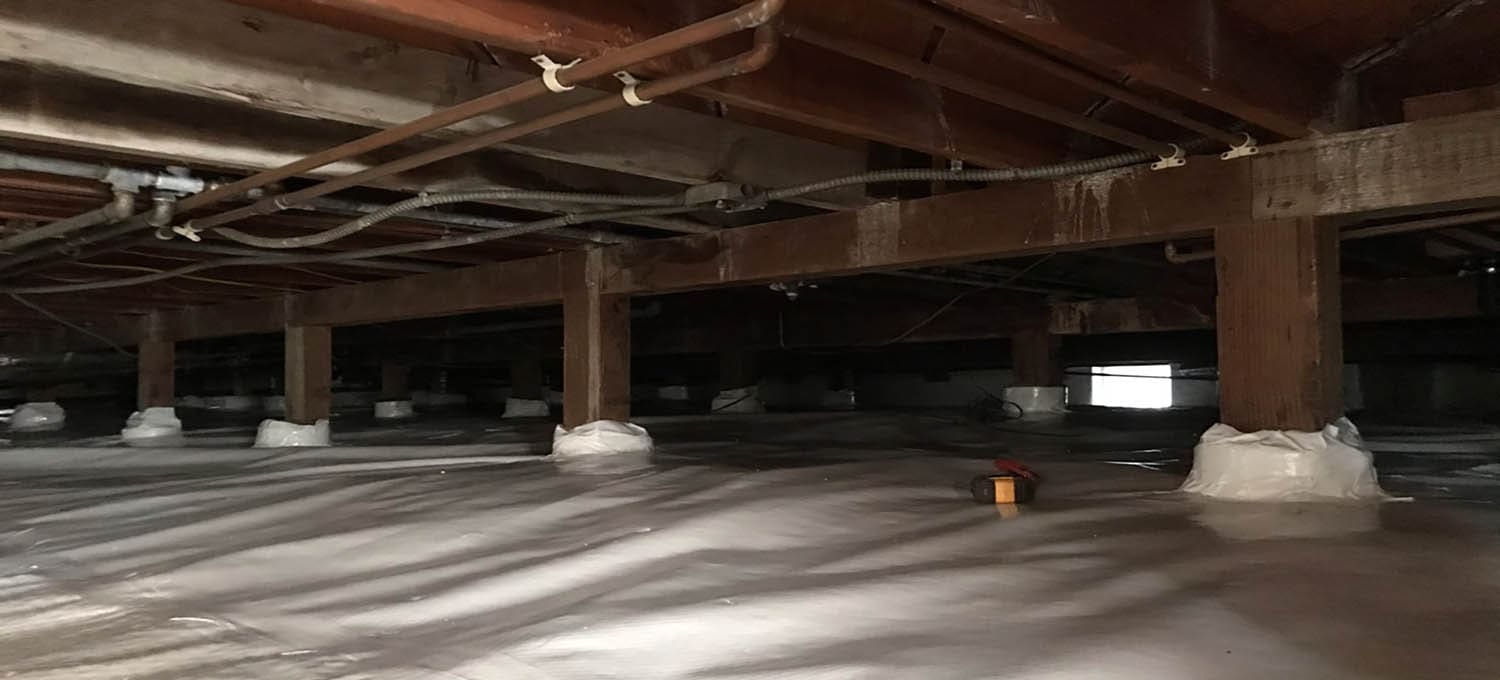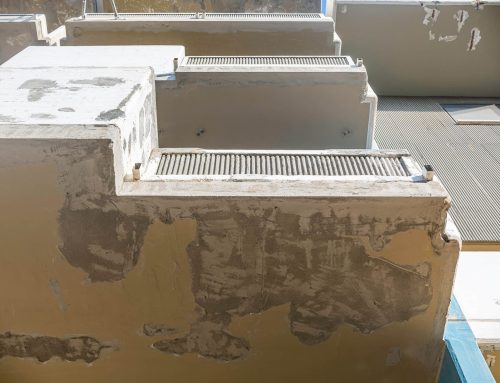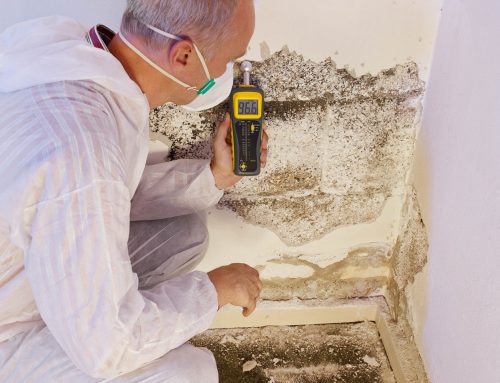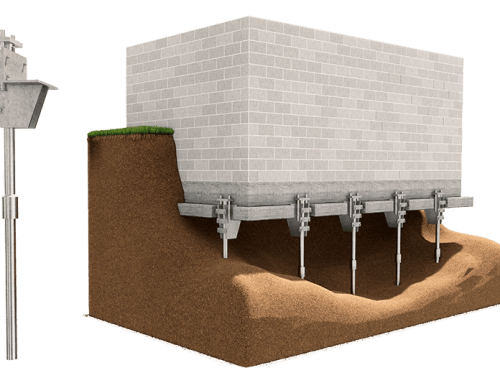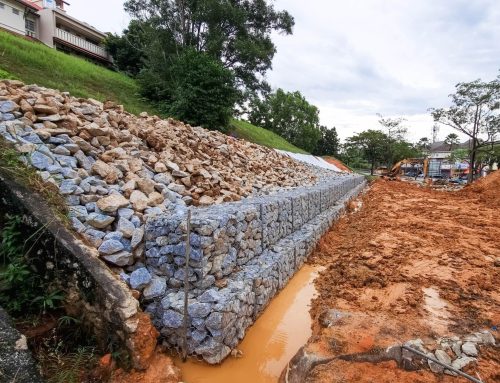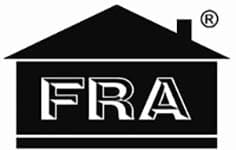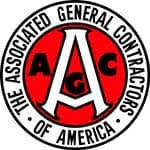Our clients are always asking us for advice about their crawl spaces, especially what they are used for and how they should be maintained. As such, we thought it would be helpful to our blog readers to read some more interesting facts, as well as Q&A’s about crawl spaces!
What is the purpose of a crawl space
In Los Angeles, many homes have a crawl space, which is that shallow, unfinished space beneath the first floor of a home, or under the roof of a structure. The crawl space typically provides access to plumbing or wiring!
Is it normal for dirt in a crawl space to be damp
If you are wondering whether it is normal for dirt in a crawl space to be damp, the answer is no, it’s not normal, but many crawl spaces are unfortunately pretty damp! It is important to note that a typical Los Angeles crawl space is vented and has exposed soil, and therefore, groundwater and rainwater can seep into the soil, continuously releasing damaging water vapor into the home. Moreover, even more moisture can get in from humid air which moves in and out of the crawl space vents on hot days (turning into moisture when hitting the cooler earth inside) or during the wet season, bringing in moisture from the outside.
Why is my crawl space floor made out of loose dirt
Some of our clients have asked us why their Los Angeles crawl space floor is made out of loose dirt, and that’s a good question! The answer is, and here’s no easy way to say it, but the only reason your home was built with a dirt floor crawl space, is because it was cheaper for your home builder to do it this way, rather than to build you a nice concrete floor! If money was no obstacle, trust us, your home builder would have built you a concrete floor inside your crawl space!
Are cinder block foundations bad
If your Los Angeles home has a cinder block foundation, or a crawl space built out of cinder blocks, you may have been wondering, is it bad to have these constructed out of cinder blocks? Again, no easy way to say this, but the reason your basement and/or crawl space are built out of cinder blocks is because it was the easiest and cheapest way for your home builder to get the job done! Was it the best solution? Probably not! The issue here is that cinder blocks are the least resistant to water and humid air going through them. Indeed, cinder block walls are often referred to as “God’s gift to waterproofing contractors!”
Should I worry about my crawl space
We haven’t met a single client who hasn’t wondered aloud, should I worry about my crawl space? The answer is yes, yes, yes, you should worry about what is happening in your crawl space! Here’s the deal: you probably don’t go into your crawl space because it’s nasty in there, right? So, we don’t blame you one bit for not wanting to go into your crawl space, but we want to warn you that when your crawl space is nasty, it also brings into your home mold, mildew, bacteria, allergens, and funky pests and critters, which often die in there and pollute your environment even more!
Moreover, and this is important, the humidity and mold growing inside your crawl space are also bad for the structural integrity of your home! They can lead to sticky windows, buckling hardwood floors, bent or rotting wood framing, rusty fabricated metal parts, and higher energy bills. And so, if you care about your pocketbook, the structural integrity of one of your biggest investments – your home – as well as the health of those living inside in the home, you should definitely care about what is happening inside your crawl space!
Does air from a crawl space get into a house
Is one of the reasons you don’t want to go inside your crawl space is because it smells bad in there? Well, again, we don’t blame you, as it’s a fact that a dirty crawl space can be very smelly, but you should know that the warm, humid, fungus-infested air inside your dirty crawl space is not staying in there, but rather is leaking out and rising into your home’s living areas! In fact, all Los Angeles homes that have crawl spaces have a strong suction force at their lower levels, which draws in outside air, creating an airflow from the ground all the way up to the roof of the home! And so, air from your basement and crawl space is indeed traveling up your home, and whatever bacteria and nastiness is in your crawl space air, it is being funneled into your kitchen, living room, and bedrooms upstairs!
Can crawl space air make you sick
If you were wondering whether crawl space air can make you sick, the answer is yes, of course it can! For starters, who wants to breath dust mites, mold, fungus, mildew, bacteria spores, and whatever else is coming out of the decomposing bodies of dead pests and critters? If you don’t think this is bad, try to find a doctor who will tell you that having these in a home is “just fine”! And don’t forget how damaging the extra humidity can be to your home! It can cause sticky (swollen) doors and windows, damp and smelly carpets, buckling wood floors, decomposing indoor and outdoor paint, and increased heating and cooling bills as damp air takes more energy to heat and cool!
Should a basement crawl space be vented
One of our clients recently asked us, should a basement crawl space be vented to the outside to keep it dryer? This may be counterintuitive, but no! In fact, when you vent a crawl space in the hot season, the warm air that comes into the cooler crawl space becomes cooler, raising the air’s relative humidity. And when you vent the crawl space during the rainy season, humid air floods the crawl space and again, raises its relative humidity! Crawl spaces should be sealed, not vented!
What is the best solution for crawl space
Thank you for wanting to improve your crawl space! There are four easy steps to fixing a problematic Los Angeles crawl space. First, the professionals at Weinstein Construction can help by taking care of any water leaks and drainage problems, which can happen when water does not properly drain away from your home’s crawl space. Second, Weinstein Construction professionals will isolate your home from the earth floor of its crawl space by adding a vapor barrier liner to your crawl space. Such a liner is made from ultra-durable polyethylene which resists punctures and tears and is also blended with anti-bacterial materials which offers additional protection against mold and bacteria. Thirdly, we will seal the vents and outside air leaks. And lastly, we will install an “Energy Star rated” dehumidifier to dry out and continuously “condition” your crawl space air!
Is crawl space encapsulation worth the money
If you are reading up on crawl space encapsulation methods and were wondering whether or not they are worth the money, the answer is yes, definitely! And we’re not just saying that because we are Los Angeles crawl space and basement professionals, but rather, because we can tailor a cost-effective solution for your Los Angeles home and help you keep moisture away from your home’s crawl space, safeguarding the value of your property and helping to make your home healthy and safe for all who live there. We are experts at crawl space insulation, drainage systems, and moisture barriers, and offer affordable solutions for every situation! Moreover, no permits are required for these cost-effective jobs!
Weinstein Construction’s professionals have the right crawl space solution at an affordable price! call us today at (866) 771-4847 for a free inspection and review of your home’s crawl space needs! We are also expert drain contractors and can also help with basement waterproofing, leaky basement repair, basement wall sealing, French drain installation, foundation replacement, and foundation cracks repair!
